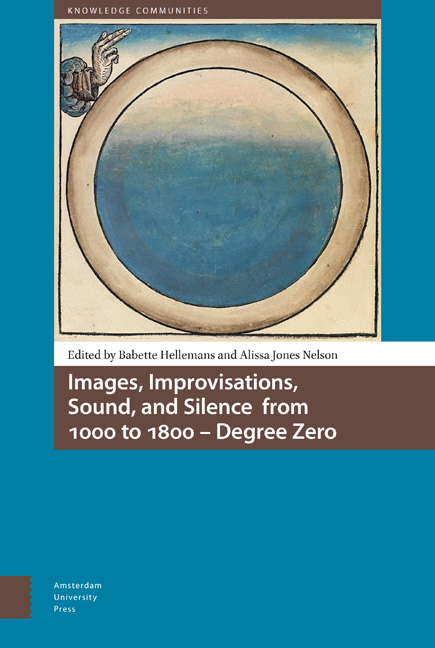9 - Where Sound and Meaning Part: Language and Performance in Early Hebrew Poetry
Published online by Cambridge University Press: 11 December 2020
Summary
Abstract
This chapter addresses the discrepancies between writing, reading, listening, and performing in two Jewish genres: biblical verse and early synagogue poetry. The continuities (scriptural canonicity, diglossia, tensions between constraint and play) are obvious. The poetics, by contrast, differ. If we want to understand this variance, we must examine what happens in the dialogue between the scribe and his empty scroll, between the cantor and his perplexed congregation. How did they juggle the disparate privileges of sound and meaning, of private understanding and communal experience? As we shall see, in the silence that preceded the sound, and in the sound that followed, the poet's inner and outer speech articulated different poetics – sometimes disrupting, sometimes reinforcing the conventions of the holy Hebrew tongue.
Keywords: creation, ex nihilo, Hebrew, piyyut, scribes, inner speech, poetics, analogy
Of Void and Voice
Humankind is fascinated by extremes but shies away from their implications. The way we conceive of our own beginnings is a case in point. According to scientists both modern and ancient, the world and all that it contains originated in hoary antiquity but did not come into being ex nihilo, from the daunting depths of nothingness. Instead, we prefer to see ourselves as the product of a gentle transition from being to becoming – from an abstract, perfect ‘that which is’ to a concrete ‘that which has become’, fleeting and fallible. From the perspective of humankind, there never was – and never will be – nothing.
In twenty-first-century cosmology, for example, the expanding universe is viewed either as the cyclic continuation of a dynamic precursor or as the extension of a primal subatomic singularity. Plus ça change, one could say: in 350 BCE, Aristotle too believed matter to be eternal. For Plato, by contrast, it was form, not matter, that constituted the realm of pre-existent being – an ideal world that was subject to neither time nor change. Following Mesopotamian models, the Hebrew Bible claimed that the world as we know it came about when a nameless deity divorced an already existing earth from the heavens and gave it to humankind to colonize and rule. In Aristotle's Physics, the start of that mutable world was sought in the principle of motion; in the Book of Genesis, it was found in the faculty of speech.
- Type
- Chapter
- Information
- Images Improvisations Sound and Silence from 1000 to 1800 , pp. 177 - 188Publisher: Amsterdam University PressPrint publication year: 2018



